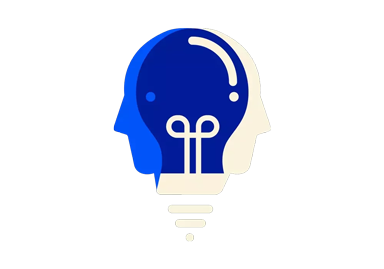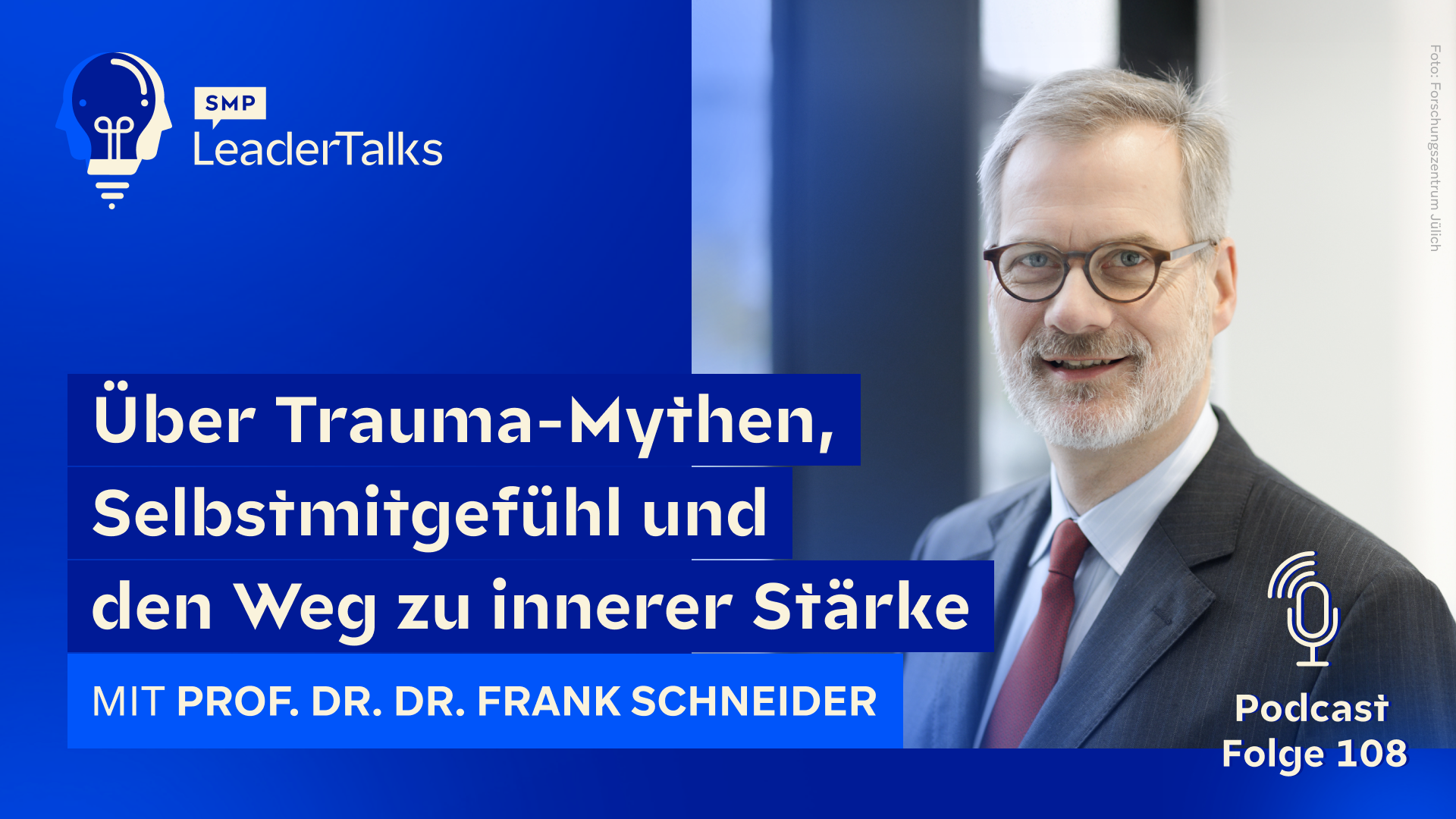"Exposure is the courage to face the truth at your own pace."
How do you deal with experiences that deeply shake your life? Trauma is one of the most serious psychological injuries a person can experience—and yet the term is used inflationarily today. Between trigger warnings on social media, the line between actual trauma and perceived overwhelm is blurring. But if you want to understand real trauma-related disorders, you have to consciously confront the issue: What is the traumatic experience—and how do you find your way back to a stable sense of self?
"The biggest myth: People who are mentally ill are to blame for their own condition."
Prof. Dr. Dr. Frank Schneider is one of Germany's leading trauma experts and professor emeritus of psychiatry and psychotherapy. In conversation with Georgiy Michailov, he explains why trauma is not caused by the event alone, but by a combination of factors including symptoms of illness. He explains how exposure therapy works and how traumatic experiences can be given a new location and time stamp. This helps patients to master the path to healing.
"Self-compassion is the first step out of the prison of shame."
The conversation also touches on values as fixed stars in the darkness, post-traumatic growth, and the central role of stable relationships in mental health. Schneider talks about the limitations of medication, the power of behavioral therapy, and what gives people hope again even after extreme experiences.
*Video only in German





